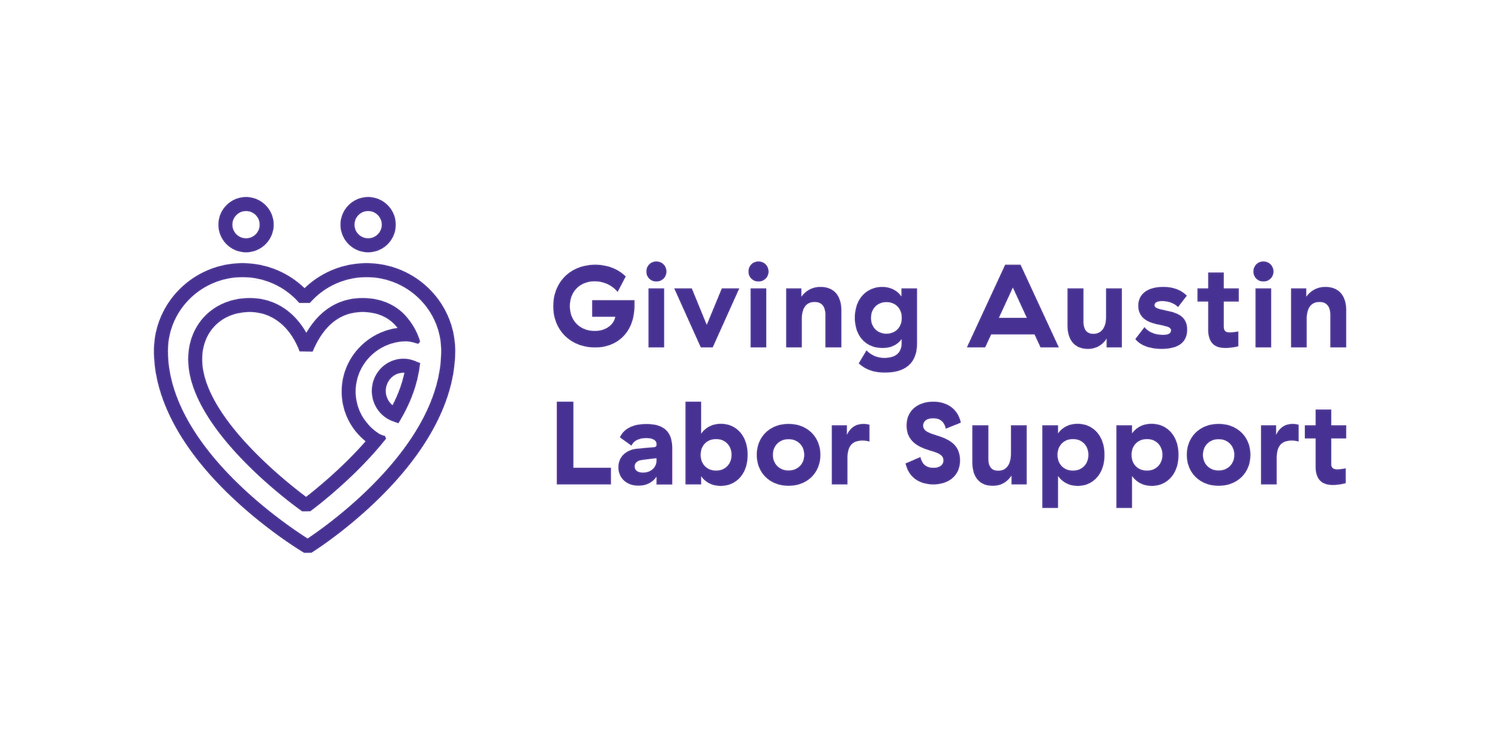Research on Childcare as a Perinatal Health Issue
The need for safe, affordable, culturally congruent childcare is a national issue. Lack of childcare can also be a health deterrent for parents during pregnancy and postpartum. According to the Center for Disease Control Black women are three times more likely to die from a pregnancy-related cause (2024), and when they do not have adequate child care they are faced with the threat of child protective services intervening while they are trying to access care.
Studies have examined the relationship between access to childcare services and maternal health outcomes. Results from the Stanford Center on Early Childhood’s RAPID Survey (2022) suggests that mothers with access to reliable childcare experience reduced stress levels and improved mental well-being, leading to positive effects on overall maternal health. Additionally, a longitudinal study by Herbst (2023) found that mothers who utilized formal childcare services reported higher levels of life satisfaction and lower rates of depression compared to those without access to such services.
Access to childcare services is also related to people in the perinatal period’s ability to access healthcare services. Research by Gaur, Kuo, and Kho (2022) found that childcare was the most significant barrier to accessing health care at Parkland Health and Hospital System. A study by Kaiser Family Foundation (2017) found that 14% of women – 17% of women at less than 200% of the federal poverty level – delayed or went without health care in the prior year because they had problems getting childcare.
Holicky and colleagues (2023) conducted a study to explore health facility and patient perspectives on how childcare impacts perinatal healthcare use and to understand current childcare practices, resources, and policies within healthcare facilities. Results found that 66% of birthing hospitals reported childcare is an issue that affects their patients’ labor and delivery and postpartum care experiences. Birthing hospitals generally lacked space for children in the labor and delivery and postpartum units, did not have formal policies about care for children accompanying their parents, and mostly relied on nursing staff to watch children or contact family members to do so. If none were available, some hospitals called the Department of Children and Family Services as routine practice if patients were unable to find someone to watch their children.
The same study found that half of Federally Qualified Health Centers (FQHC) identified childcare as a barrier to women seeking health care for themselves. Pregnant and postpartum patients regularly brought their young children with them to appointments, although facilities did not have space or staff to care for them. Most allowed children to accompany their parents into the examination room.
Postpartum birthing persons reported a variety of childcare concerns that included having to reschedule or skip healthcare visits because they had no one to watch their children. Reasons for lack of childcare included not having access to care they felt comfortable leaving their children with, the expense of childcare, and childcare plans falling through. As a result, Holicky and associates (2023) concluded that childcare access is an important determinant of whether women will access perinatal healthcare services.
